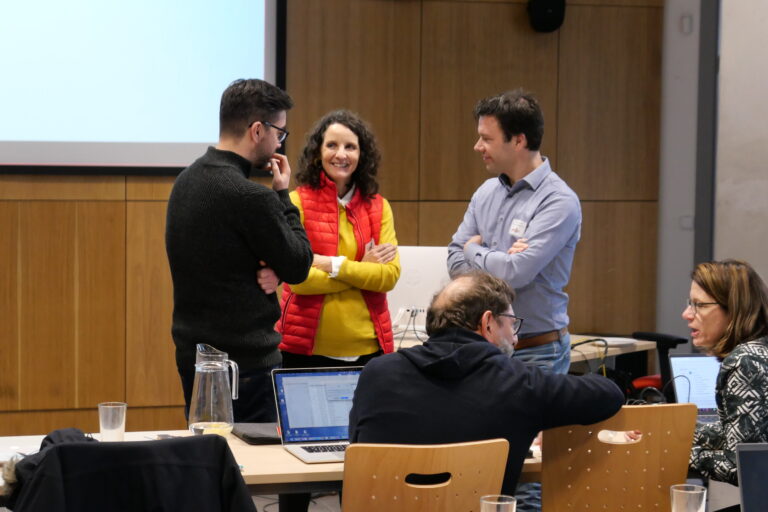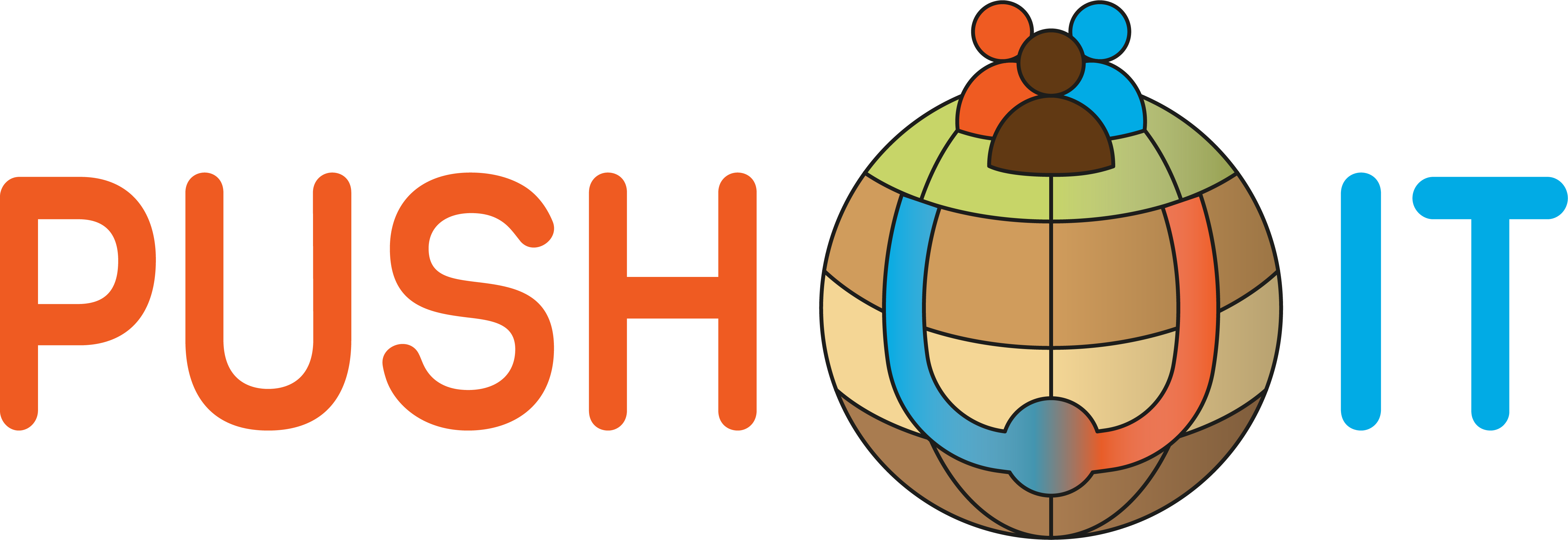Governance and regulation for underground heat storage
How does a new technology like high-temperature thermal energy storage fit in regulatory frameworks? This is what Andrés González Quirós and Corinna Abesser (British Geological Survey) are researching in PUSH-IT.

For technologies operating in the subsurface living environment, an appropriate regulatory framework is fundamental to protect the common interests of all users and prevent negative impacts on the environment. Legislation should be transparent and clear, with well identified and accessible competent authorities, a well-defined licencing or permitting system and procedures that ensure timely decision making.
For new technologies, such as high temperature thermal energy storage, new legislation and permitting procedures may need to be developed. Often, this takes place in parallel to (or after) the planning and building of the first systems piloting the new technology. In the interim, regulators often draw on existing legislation while establishing the impacts and regulatory requirements associated with the new technology. Because of the complexity and novelty of many technologies, it can take a long time until suitable regulations have been developed and in-house expertise is available to provide the rapid response to licence applications that a developing industry or technology needs to prosper.
BGS research in PUSH-IT
British Geological Survey (BGS) research in PUSH-IT aims to support the development of regulations for high temperature thermal energy storage projects. It is focused on developing an understanding of the available regulatory frameworks through employing a combination of stakeholder interviews, technical reviews and analysis.
Because of the variability between different countries (regions, provinces and municipalities), regulators and technologies considered in PUSH-IT, there are substantial differences in the laws and licencing procedures applied to high temperature thermal energy storage at the different sites. We aim to understand if and how this new technology is incorporated in existing regulations and if or where regulation may create barriers for widespread technology deployment. By engaging with stakeholders at the different sites, we will collect direct evidence and experiences and document the perceived barriers and facilitators during development of the various projects. We also work closely with experts in social engagement to understand public perception and the role it plays in the decision-making process, legislative change and policy decisions.
The analysis will be used to provide a general set of recommendations and best practices for a more effective regulation. Combined with the technical results from other work packages, the project results will provide the scientific evidence base for establishing or modifying legislation, resulting in a more optimal use of the subsurface, and supporting large-scale deployment of the technology in Europe.


PUSH-IT is a project funded by the European Union’s Horizon Europe research and innovation programme under grant agreement No 101096566.
Funded by the European Union. Views and opinions expressed are however those of the author(s) only and do not necessarily reflect those of the European Union. Neither the European Union nor the granting authority can be held responsible for them.
